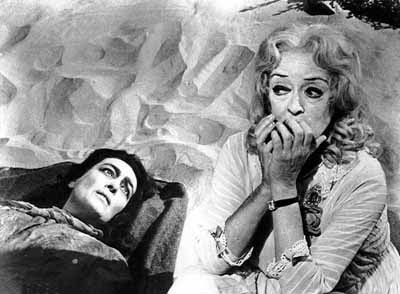Best Actor
1. Philip Seymour Hoffman, The Master
2. Joaquin Phoenix, The Master
3. Deon Lotz, Beauty
4. Matthew McConaughey, Killer Joe
5. Jean-Pierre Darroussin, The Snows of Kilimanjaro
Best Actress
1. Elle Fanning, Ginger and Rosa
2. Fumi Nikaido, Himizu
3. Julie Sokolowski, Hadewijch
4. Karin Viard, Polisse
5. Ann Hui, A Simple Life
Best Supporting Actor
1. Yilmaz Erdogan, Once Upon a Time in Anatolia
2. Michael Fassbender, Prometheus
3. Alessandro Nivola, Ginger and Rosa
4. Frédéric Pierrot, Polisse
5. Ryan Metcalf, Damsels in Distress
Best Supporting Actress
1. Marina Fois, Polisse
2. Carrie MacLemore, Damsels in Distress
3. Megalyn Echikunwoke, Damsels in Distress
4. Naomie Harris, Skyfall
5. Christina Ricci, Bel Ami
Best British Actor
1. Charlie Creed-Miles, Wild Bill
2. Jack Reynor, What Richard Did (opens in the UK Jan 11; full review to follow)
3. James Floyd, My Brother the Devil
4. Toby Jones, Berberian Sound Studio
5. Jude Law, Anna Karenina
Best British Actress
1. Judi Dench, Skyfall
2. Keira Knightley, Anna Karenina
3. Andrea Riseborough, Shadow Dancer
4. Helena Bonham Carter, Great Expectations
5. Alice Lowe, Sightseers
Young British Performer
1. Jack Reynor, What Richard Did
2. Fady Elsayed, My Brother the Devil
3. Letitia Wright, My Brother the Devil
4. Will Poulter, Wild Bill
5. Sammy Williams, Wild Bill
Director of the Year
1. Nuri Bilge Ceylan, Once Upon a Time in Anatolia
2. Pablo Larrain, No (opens in the UK Feb 8; full review to follow)
3. Paul Thomas Anderson, The Master
4. Sion Sono, Himizu
5. Aleksandr Sokurov, Faust
Screenwriter of the Year
1. Whit Stillman, Damsels in Distress
2. Robert Guediguian, The Snows of Kilimanjaro
3. Zoe Kazan, Ruby Sparks
4. Mia Hansen-Løve, Goodbye, First Love
5. Nikolaj Arcel and Rasmus Heisterberg, A Royal Affair
My Top 20/Worst 10 Films of 2012 will follow here in the next week.


